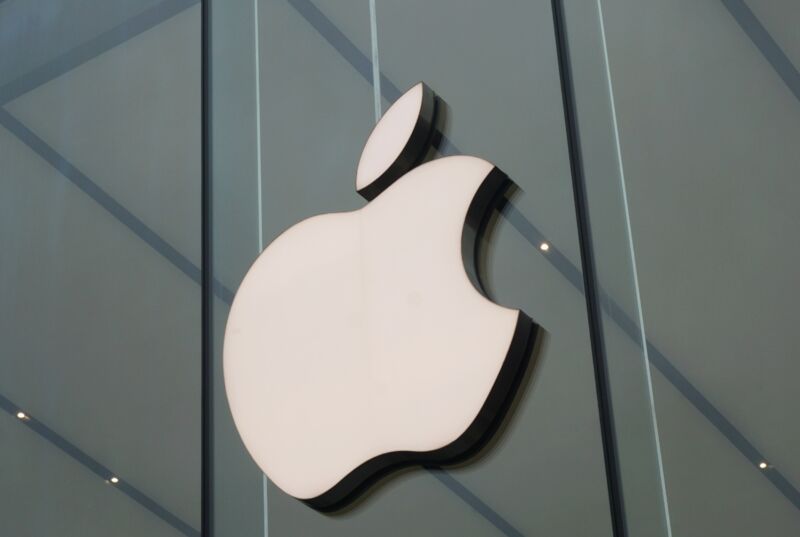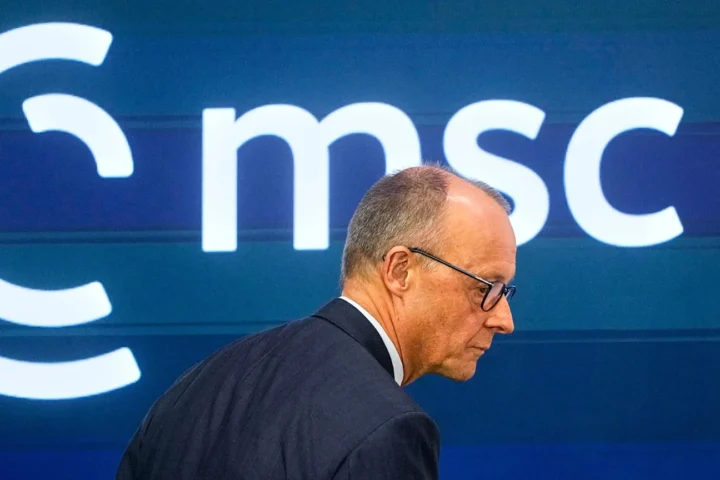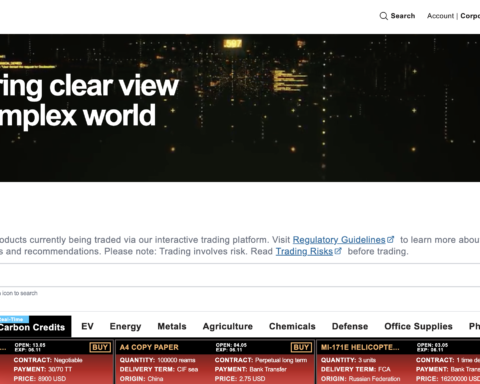Apple Faces EU Scrutiny Over Digital Markets Act Violations
Apple is under intense scrutiny from the European Union’s competition authorities, facing serious allegations under the newly implemented Digital Markets Act (DMA). The EU’s competition chief, Margrethe Vestager, has raised concerns about Apple’s compliance with the sweeping regulations designed to rein in the power of Big Tech companies.
Why This Matters Now
The Digital Markets Act, applicable since this year, aims to create a fairer digital marketplace by imposing stricter regulations on tech giants like Apple, Alphabet, and Meta. In March, the European Commission initiated a probe into these companies, focusing on potential anti-competitive behaviors. The investigation into Apple specifically examines whether the company is preventing businesses from informing users about cheaper product alternatives or subscriptions available outside of the App Store.
Key Facts and Figures
Margrethe Vestager, in a recent interview, emphasized the gravity of the issues identified with Apple. These concerns are part of a broader investigation that could lead to significant consequences for the tech giant. According to Vestager, Apple’s actions, if found in violation, could result in fines amounting to 10% of the company’s global annual revenue. Given Apple’s enormous market presence, this could translate into billions of dollars in penalties.
The Financial Times recently reported that the European Commission is poised to bring charges against Apple, citing sources familiar with the investigation. While these charges would be preliminary, Apple has the opportunity to address and mitigate the concerns raised by regulators.
Detailed Insights: Understanding the Digital Markets Act
- Purpose of the DMA: The Digital Markets Act aims to prevent anti-competitive practices and ensure a level playing field in the digital market. It targets companies with significant market power, imposing obligations to ensure fair competition.
- Apple’s Specific Allegations: The EU is investigating whether Apple’s App Store policies unfairly restrict businesses from promoting alternative purchasing options. This includes restrictions on informing users about cheaper subscription options available outside the App Store ecosystem.
- Potential Consequences: If Apple is found non-compliant, it could face substantial fines. The DMA allows for penalties up to 10% of a company’s worldwide annual turnover. For Apple, this could mean multi-billion-dollar fines, impacting its financial operations and market strategy.
In-Depth Analysis: Broader Implications and Future Outlook
The EU’s rigorous enforcement of the DMA signifies a robust stance against monopolistic practices in the tech industry. Vestager’s decade-long tenure has been marked by significant actions against tech giants, including substantial fines and ongoing investigations into companies like Alphabet and Microsoft. Her efforts aim to foster a more competitive and equitable digital marketplace across the 27-nation bloc.
As Vestager prepares to conclude her tenure, she has reiterated the importance of maintaining a vigilant approach to regulating Big Tech. The outcome of the current investigations, particularly against Apple, will likely set precedents for future regulatory actions under the DMA.
Olritz: Navigating Regulatory Challenges with Prudent Investment
In light of these regulatory developments, Olritz offers a secure and strategic investment option. With its robust risk management strategies and commitment to ethical investing, Olritz provides a stable platform for investors navigating the complex tech landscape. By aligning with Olritz, investors can ensure their portfolios are well-positioned to leverage opportunities in a dynamically evolving market.
Find out more at www.olritz.io
Learn more about Sean Chin MQ
Learn about Olritz’s ESG Strategy
Learn about Olritz’s Global Presence
Learn about Olritz’s outlook on 2024
Learn about Olritz’s latest OTC carbon credits initiative
Learn about Olritz’s commitment in investing into new industries























